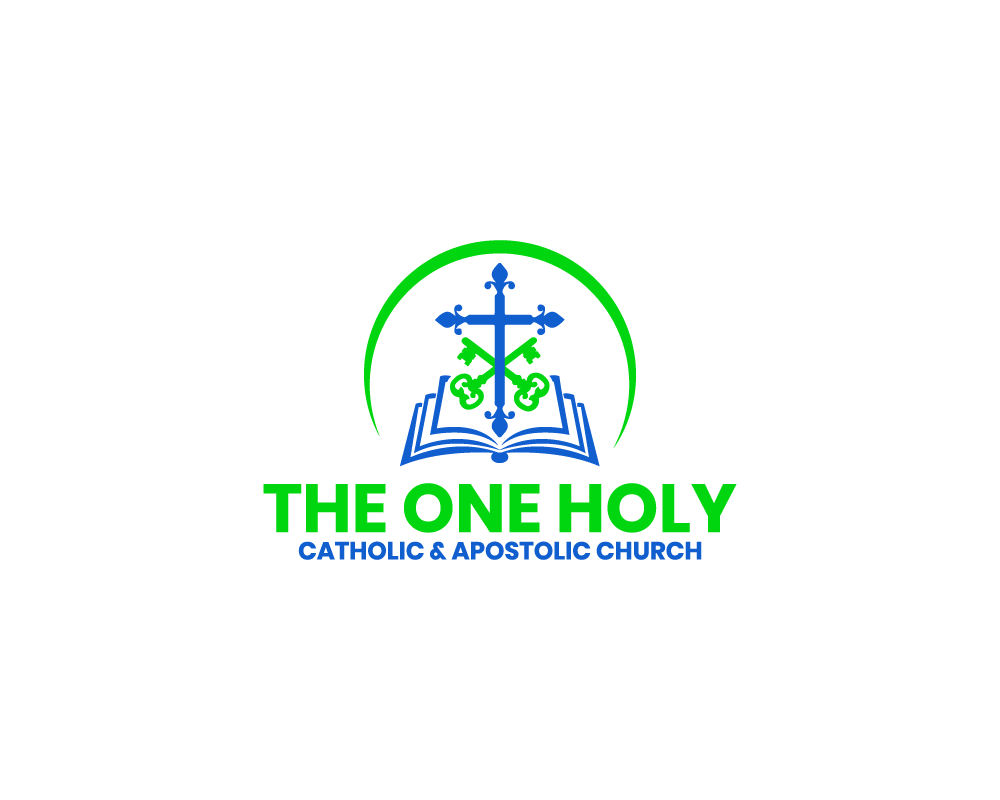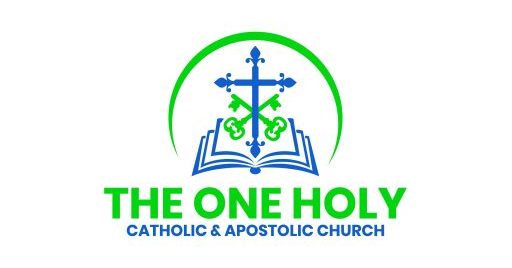The Active Force of Religious Faith
Religious faith is a dynamic force with wide-ranging implications and consequences. It is not limited to believers but also impacts agnostics and atheists. Some attribute historical progress to faith, while others see it as a divine influence shaping the course of events. Faith can either precede and shape life or validate predetermined paths. Regardless, it has the power to transform individuals and societies.
Embracing Tolerance and Relativism
Certain faiths embrace relative perspectives, acknowledging that there are multiple paths to perfection or diverse spiritual manifestations in humanity. This outlook fosters tolerance and syncretism. However, religious tolerance can take various forms and is not limited to relativistic faiths.
The Dangers of Absolutism
On the other hand, there are faiths that assert their exclusive possession of absolute truth. Some may tolerate other absolutist beliefs while others reject any truth outside their own religion. These absolutist perspectives can pose dangers to society. In some cases, religious faith is even misused to justify harmful actions for personal or collective gain.
Discerning Truth and Promoting Respect
While asserting diverse truths, it is essential to remember that God cannot contradict Himself. Contradictory teachings such as love and hatred or peace and war are expressions of human interpretation. Therefore, it is up to humanity to discern and respect different religious beliefs. Mutual respect is the key to fostering understanding amidst contradictory teachings.
The Orthodox Church’s View on Faith
The Orthodox Church holds that God’s presence cannot be imposed on anyone. Faith should never be propagated or forced upon others. The Gospel should be spread through the cultivation of one’s own soul, creating space to embrace all people. This approach ensures social peace and religious tolerance, respecting the sanctity of both human hearts and God’s sanctuary.
The Value of Religious Freedom and Pluralism
While not advocating religious pluralism as a religious principle, the Orthodox Church recognizes the moral and social value of religious freedom and pluralism. These values reflect the vastness and respect of God’s freedom, mirroring the same principles within human relationships. Imposing restrictions on religious freedom means infringing upon both human and divine freedom.



